Annali di Ca’ Foscari Serie orientale. Vol. 60 – Giugno 2024
Descrizione
Sommario:
Family Language Policies for Maintaining Arabic as a Home Language in Italy: The AHLI Project
Ibraam Abdelsayed, Martina Bellinzona
Stations of the Ottoman Period in Iraqi Kurdistan: Preliminary Results from the Bazhera Archaeological Project
Valentina Vezzoli, Bekas J. Hasan, Cristina Tonghini
Looking for the Signs
An Unfinished Royal Bowl from Karmir-Blur of Minua, King of Urartu
Annarita Bonfanti, Roberto Dan
Immortali fragranze. Realtà e immaginario del giardino nei testi manichei iranici
Andrea Piras
Modarres-e Reḍavi’s Edition of Anvari’s divān: A Critical Assessment
Giacomo Brotto
«Il racconto rimase così, appeso alle labbra»: il finale del Farhād va Širin di Vaḥši Bāfqi
Piero Donnini
The Fire of India
Poetics, Translation and Imitation in the Indian mas̲navīs of ʿĀqil Khān ‘Rāzī’
Victor Baptiste
La cosa del pensiero in Gaṅgeśa
Il Navya-Nyāya sull’oggetto, il pensiero e l’oggetto pensato
Alberto Anrò
Asymmetry in the Acquisition of Directed Motion Constructions in L2 Vietnamese
A Comparative Study of Chinese and Korean Learners
Trang Phan, Bianca Basciano, Lan Chu
Some Attempts at Enhancing Old Chinese Reconstructions Through the Lens of Paleography
Michele Pulini
Eating Like a Buddhist: Vegetarianism and Ethical Foodscapes in the Twenty-First Century
Francesca Tarocco, Amalia Rossi, Ben Weilun Zhang, Silvia Francescon
State-Sponsored Maitreya Cult and the Shouluo Biqiu Jing
A Case of a Transmission of a Heterodoxy to Korea
Marco Campa
Old ‘Women’ on the Stage
Actorship and the Aging Body in the Works of Enchi Fumiko
Daniela Moro
Showcasing Japan
A Journey of Japanese Identity through Archaeology and Ancient Art Exhibitions in Italy
Wei Sun, Claudia Zancan
Persone
Università Ca’ Foscari Venezia - Dipartimento di Studi sull’Asia e sull’Africa Mediterranea (Curatore)
Editore:
Edizioni Ca’ Foscari - Venice University PressData:
2024Formato
application/pdf (15.18 MB)
Soggetto
• Persian literature • Hwarang • Farhād va Širin • Identity • Sui dynasty • Ottoman stations • Veridicality • Directed motion constructions • Persian poetry • Paleography • Minua • Italo-Japanese cultural exchange • Paekche • Plurilingualism • Ottoman material culture • Second language acquisition • Silla • Environmental sustainability • Aging body • Ethical eating • Tadkerẹ • Mughal Empire • Saljuqid literature • Enchi Fumiko • Khans and routes of the Islamic world • Image of femininity • Olfactory aesthetic • Asia • Chinese • Tang dynasty • South Asia • Daoism • Literary imageries • Neo-Indo-Aryan literatures • Indo-Persian literature • Anvari • Actorship • Karmir-blur • Navya-Nyāya • Garden metaphors • Home language • Historical Phonology • Religious experience • Buddhism • Bamboo manuscripts • Vegetarianism • Epistemology • Cognition • Excavated texts • Language typology • Candraprabhākumāra • Rōjomono • Ottoman archaeology • Arabic • Cuneiform inscriptions • Old Chinese • Vaḥši Bāfqi • Japanese archaeology • Language maintenance and shift • Persian • Millenarism • Persian manuscripts • Dunhuang • Late Islamic Kurdistan • Yueguang Tongzi • Seventeenth century • Phonological reconstruction • Exhibition Studies • Philology • Family language policy • Urartu • Nanyue Huisi • Realism • Europe • Korean • Iranian Manichaean texts • Japanese art • Maitreya • The Berenson Collection • L2 Vietnamese • Close reading • Bronze bowls










 è un servizio del
è un servizio del